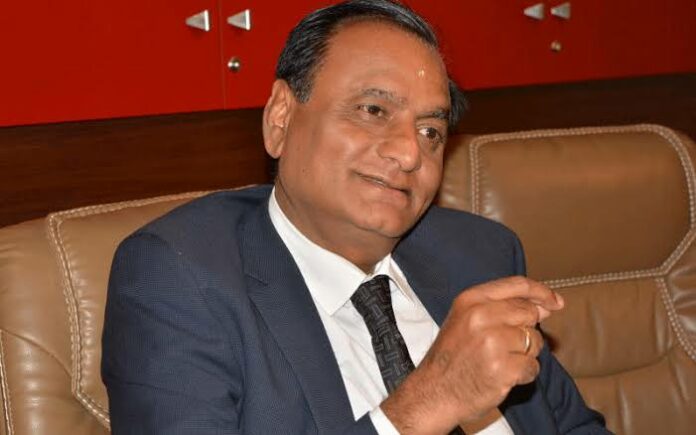Billionaire businessman Narendra Raval has expanded his steel business empire with the launch of his latest steel factory.
The newly opened steel factory is located in Samburu, Kwale County.
As it kicks off operations in full throttle, the factory will largely rely on its own electricity. This will see the business cut costs on productions and reliance on Kenya Power.
“The plant will cut its cost of production by producing 55 megawatts of clean energy by tapping heat released from kilns,” said Raval.
The firm is also in the process of producing up to 60 megawatts of power from a wind power farm in Kwale for its own use.
“Devki Steel Mills Ltd would like to develop a 60MW of wind power plant in Samburu, Kwale. The power generated will be used for their own consumption in the Samburu plant,” the company said.
The factory has the capacity to produce half a million tonnes of steel annually and will be connected to the metre-gauge railway, lowering transport costs to other parts of Kenya and the region.
“We will manufacture steel from iron ore,” Raval said. The factory is expected to generate 1,500 direct and 9,000 indirect jobs.
Naneu Muthoni’s killer boyfriend called mom to confess her murder
The factory has been billed as the second biggest in Africa after a similar factory in South Africa.
“We chose Samburu in Kinango constituency because it is one of the poorest places in the country,” he said.
“Put your money and your heart here and Kenya will give you a better return and Kenya will be number one in Africa in ten years’ time.”
Devki projects that its regional payroll count will hit 7,000 employees with completion of the Kwale plant.
In August 2022, Kenya Railways announced that it had started doing trial runs of trains carrying 750 tonnes of locally manufactured steel billets from the Kwale factory to Devki’s plant in Athi River.
This followed the completion the construction of the 2.2 km MGR siding linking the new steel plant to our MGR main line.
The new steel plant has capacity to produce steel products straight from iron ore to finished products such as wire rolls, steel bars and billets.
“We plan to move over 35,000 tonnes of products from the new steel plant to Athi River, Ruiru, Nakuru, Eldoret and Kisumu; which translates to 47 trains monthly,” said Kenya Railways.










